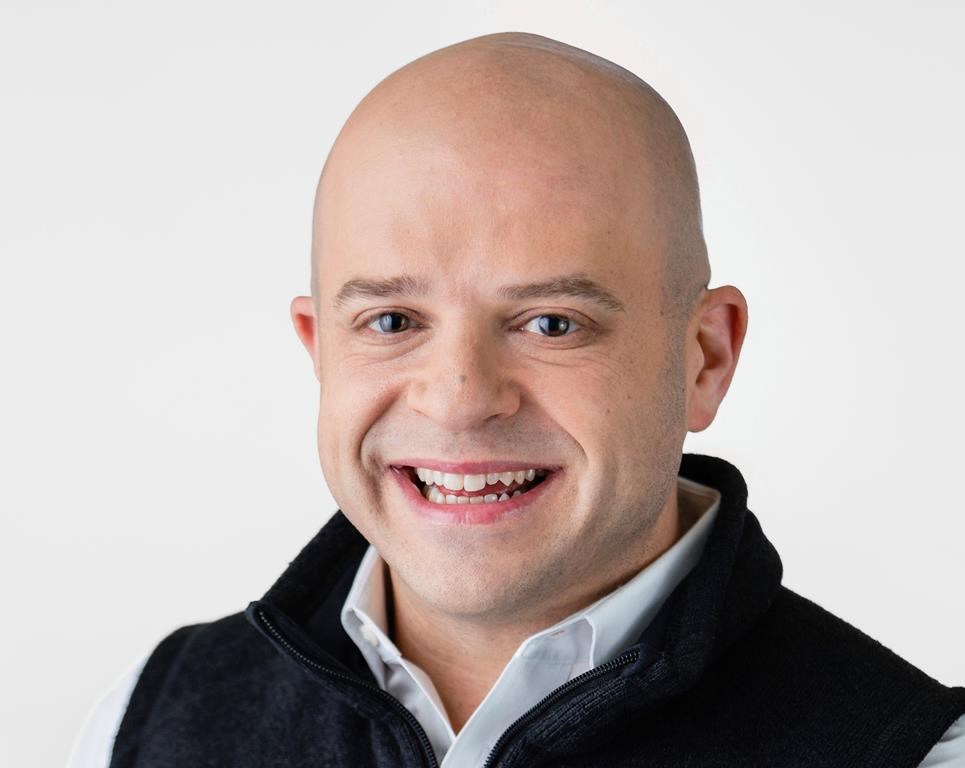Twilio CEO discusses why pandemic lifted tech to new heights

SAN RAMON, Calif. — Twilio has emerged as a technological backbone for thousands of companies during the pandemic. Its users rely on its digital tools to connect with customers through mobile apps, call centres and messaging services as the shift to online commerce and curbside pickup accelerates.
The San Francisco company ended September with 208,000 customers, a 21% increase from the same time last year, while its revenue surged 52%. Despite its rapid growth, Twilio still hasn’t proven it can be profitable. The 12-year-old company has amassed nearly $1 billion in losses since it was co-founded by its CEO, Jeff Lawson, a software programmer who got the idea for Twilio while helping Amazon build its now-massive web services division.
Investors clearly believe Twilio has established itself as a vital service. The company’s stock price has tripled this year, boosting Lawson’s fortune to an estimated $2.3 billion. Lawson recently talked by video to The Associated Press.
Advertisement
Q: What are some of the lessons that Twilio has learned during these trying times?
A: The need for agility, to kind of change on a dime and incorporate new information and responses to problems. The companies that have (done that) really invested in agility by hiring software developers, listening to customers, not creating a five-year road map, but creating a sprint after sprint to keep getting better and better. The companies that evolved to incorporate these agile practices, those are the ones that really excelled and were able to meet the challenges and demands of COVID.
Q: What are some areas where you saw faster growth than you anticipated because of the pandemic?
A: One of them is the contact centre. A few years ago, we launched a contact centre product that is all software. It runs in the cloud, so the only thing the (call centre) agents need is a computer, they just plug in a headset. There is not a hard(wired) phone, so they can really be anywhere. So when you had to send everybody home, they could actually keep working.
Another big area of acceleration for us was in health care. We’re seeing the world’s medical systems turn to using electronic patient engagement much more than they have ever before, in particular, telemedicine. So, if you go to a doctor’s office, instead of going in and waiting in the waiting room and there is no place to sit and you are worried whether you are getting COVID just by being in there, you wait in a virtual queue. It’s like curbside pickup for the doctor’s office.
Advertisement
Q: Does it feel like the digital shift has been moving even faster this year?
A: This is the year of the great digital, not transformation, but acceleration. We did a survey of about 2,500 (business) decision-makers over the summer and we asked them: Has COVID impacted your digital plans? Unsurprisingly, 97% said yes, it has. But we wanted to quantify how it has changed those road maps. So we asked them how much do you think it has accelerated your digital road maps? And the average was six years. It’s not like we are going to undo all this stuff.
Q: Do you think the tremendous wealth being created by technology companies is alienating the rest of society?
A: My belief in building Twilio is that corporations exist to benefit people, not the other way around. Corporations are a construct that humans invented. It’s not like some natural law of the universe that corporations exist. Corporations are a super organism that are allowed to exist because of laws. I think it’s up to companies to act morally and ethically to improve the world around them because of their existence. Otherwise, there is no God-given right for companies to exist. However, I don’t think you can say at this point, let’s go back and put the genie back in the bottle. But what you can do as entities is ensure you are a good neighbour, ensure you are a good part of the community and you are strengthening the world around you.
___
Advertisement
This interview has been edited for clarity.
Michael Liedtke, The Associated Press